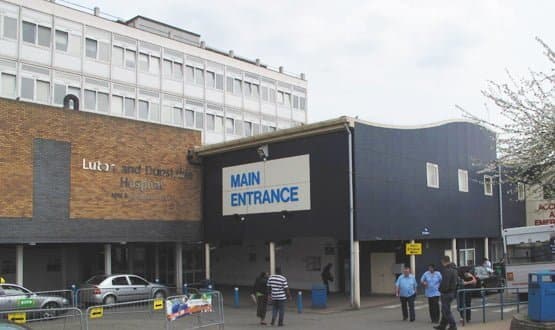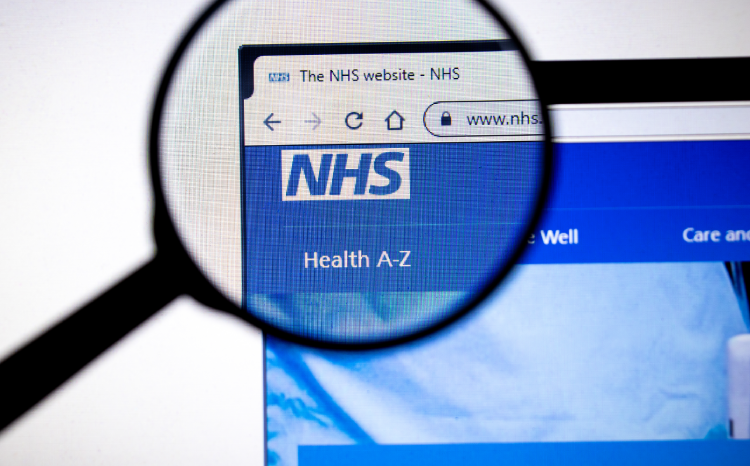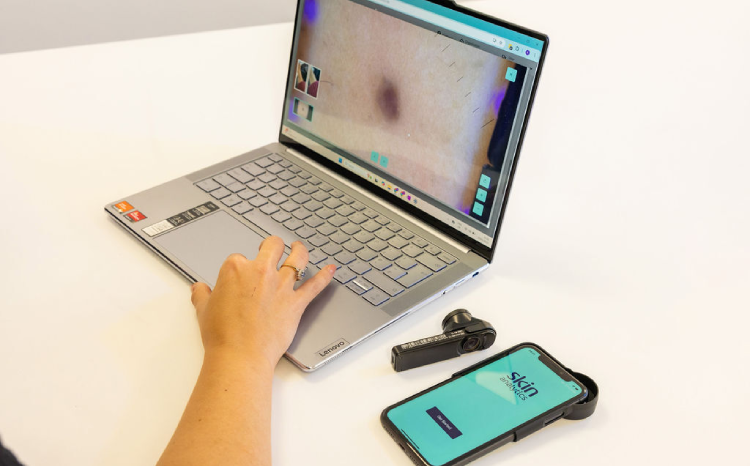Luton turns records space into clinics
- 23 July 2015

Luton and Dunstable University Hospital NHS Foundation Trust has digitised more than 1.25 million patient record documents, allowing it to reclaim 750 square metres of hospital space for clinical use.
Mark England, executive director of reengineering and informatics, said the trust went live with an electronic document management system from Xerox for all adult activity in September last year and was fully live across the trust from December.
More than 90% of patients that present at A&E now have their medical record already scanned and available in the system.
The move to electronic records has allowed the trust to free up around 750 square metres of real estate. The former site of the principle health records library is now a cardiac centre and another newly cleared space will become a urology clinic.
The trust has also saved the cost of delivering around 1,000 paper records to outpatient clinics every day.
England said Luton had been operating on a hybrid model, where half the patient health record was electronic – including results, letters and ordering and imaging – but paper medical records were still being moved around the site and delivered to the point of care.
“Although we invested a lot in an electronic patient record, we still weren’t getting the economic benefit,” he said. “So we set an aspiration to deliver care safely and efficiently without having to deliver a paper patient record.”
Luton started the EDM project in 2011 and closed the deal with Xerox in 2013. The contract is worth around £11.5 million over ten years.
The projected net savings over the length of the contract are £2.2 million with a projected decline in total operating cost of 15.7%.
“A lot of trusts try and do scanning themselves, but high through-put industrial scanning of legacy paper is not a core NHS capability. Xerox did that because you need to micro-manage productivity to do it in an economic way,” England said.
Xerox took over management of Luton’s medical records as well as delivery of the EDM solution and scanning bureau in 2013, when around 50 trust staff were transferred to the company.
Digitisation started in earnest in early 2014. At its peak, more than 1000 patient records were being scanned every day. This is now down to less than 100.
England said that in order to go-live, the trust had to reach a critical mass of records stored in the EDM system. It did this by identifying which patients were going to be attending and were likely not to turn up at A&E in the meantime, while their record was pre-scanned.
The trust was fully live for all adult activity by September; paediatric by November and maternity by December 2014.
The EDM system has been fully functioning for all of 2015 with no paper delivered around the trust. Destruction of the paper records has begun and any new paper created is intelligent paper, which at the end of a care episode, is scanned in to the electronic record then destroyed.
The newly digitised records can be structured in a variety of ways depending on how the user wants to view them, which may be by date, specialty or recently added documents. Particular areas can also be bookmarked so the viewer can only look at those.
England said the electronic system has helped Luton to consistently meet government targets, such as the four-hour A&E target over the winter.
He added that the EDM project is a good intermediary step towards introducing e-noting as it gets clinicians used to interacting with electronic records.





